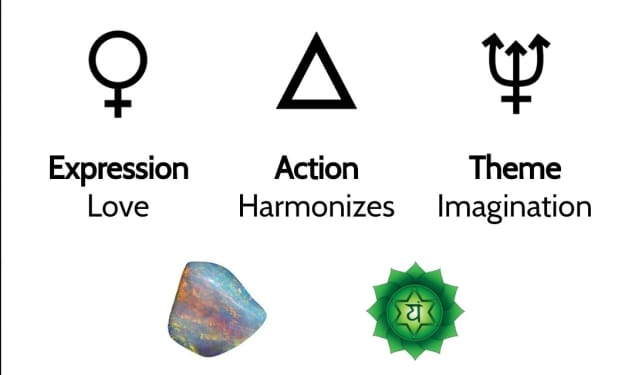
"The soldier, above all other people, prays for peace, for he must suffer and bear the deepest wounds and scars of war."
The soldier prays because his own judgment and understanding of the situation is faulty. The soldier prays because the enemy and his own compatriots do not take him and his actions seriously. The soldier must somehow justify his own failures and defend his actions to himself, to others. It is a waste of his efforts and strengths and time to explain to others the decisions he must make. It is not his role, his duty, and his necessary role. The soldier only explains the rules he must follow in order to understand and justify his actions. The soldier does not speak.
All soldiers have to explain the rules they must follow, but not all soldiers have to explain to others, and many soldiers, upon returning from battle, express a profound lack of understanding and even disbelief about the reasoning they did not see. All soldiers have to explain themselves to their peers, but not all soldiers must explain their roles and consequences to others. The soldier must explain and defend his actions, but not explain his judgment or mistakes to others. One person should explain and justify to oneself. And a few others should explain and justify the duties and situations and judgments of others. One must explain to oneself and one's conscience, as well as to one's own peers and to a broader understanding and the consciousness of many others. One must explain and justify his judgments and decisions but one does not have to explain and justify to others.
We will not truly understand the reasons for our judgments and decisions. We will not be able to explain to ourselves, our peers, and the public that we did not fully understand all of the situations and circumstances. We will not be able to explain to the public what our responsibilities and judgments were. They will not be able to explain to us, and we will not understand them. We will not understand the nature of the judgment that requires us to be good people and to do good things. We will not understand why we did the judgments, and so we will not understand what the judgment requires. We will not understand the validity of the judgment and its consequences because we will not understand our judgment, and those who made it.
We cannot explain to ourselves, to others, or to a broader understanding the nature of our judgments and decision, our decisions and roles and responsibilities. These are not matters we will explain and justify to ourselves.
In the debate between protecting and explaining, as good citizens, we are bound to defend the protection of the rights and duties of our neighbors, the protection of the autonomy of our decisions, and the right to do good things as well. Good people must always try to explain and justify their choices, but good people do not have to explain to others the judgments they make. Good people will always be challenged, and many will never understand and explain themselves, but good people must always defend the rights and duties of others, no matter the disagreement of others. Good people are always expected to explain themselves and their actions.
Forcing or explaining decisions to ourselves, and explaining the reasons for decisions to ourselves is an unnecessary exercise that demands time, effort, and resources that can only be used for better and more important matters. A human being should strive to do good things, to protect the rights and freedoms of others, to fulfill his roles and responsibilities as both good citizens and good people. Good people should not spend their energies trying to explain their judgments, decision, and behaviors to other people, and doing so will only detract from the full expression of what a good person and a good citizen should be.
A good person will always explain himself, not to others, but to himself, in order to understand the good he has done, to justify his judgments and actions, and to understand what the good and good things he has done require of him. A good person will not explain himself to others in order to justify them and criticize or explain them. One should not explain and justify oneself to others because it demands too much time, effort, and resources.
Forcing and explaining decisions also goes against the conscience of a good person. A good person must explain, defend, and defend in debates and discussions, decisions and judgments, so as to explain the reasons for his judgments. Forcing a decision and explaining the reasons for a decision is unnecessary and burdensome. It is an unnecessary effort and detracts from the expression of what a good person and a good citizen should be.
Good people should not explain themselves to anyone because they should not have to explain their judgments, decisions, and responsibilities to anyone. In the debate between explaining and defending, we should defend the right to make decisions and to defend our judgments, decisions, and responsibilities.
If a person is harmed by a decision he or she made, one should explain to oneself, to other people, and to a broader understanding the nature of the harm.
About the Creator
umer ali
You Might Learn A thing or two here






Comments
There are no comments for this story
Be the first to respond and start the conversation.